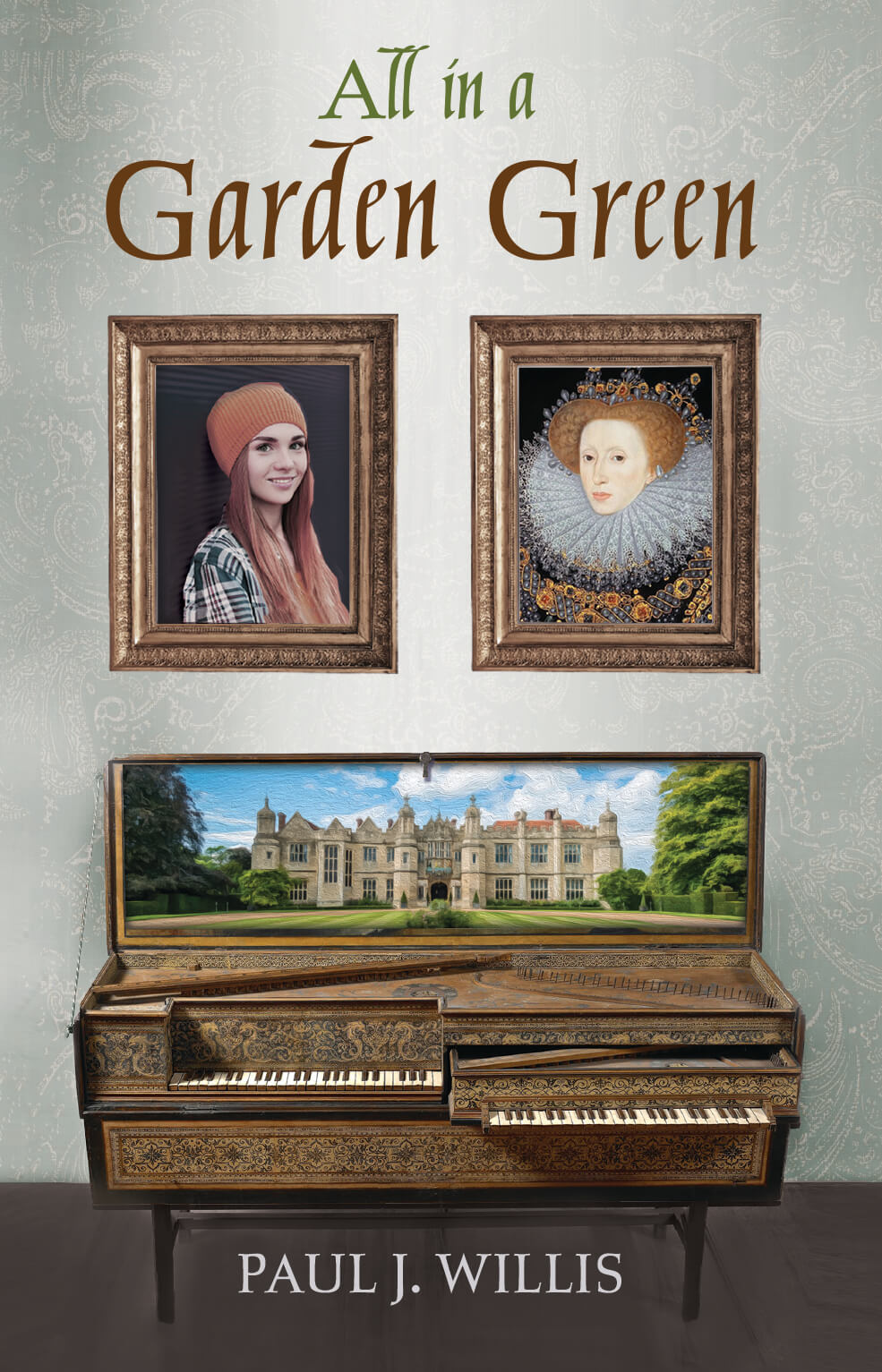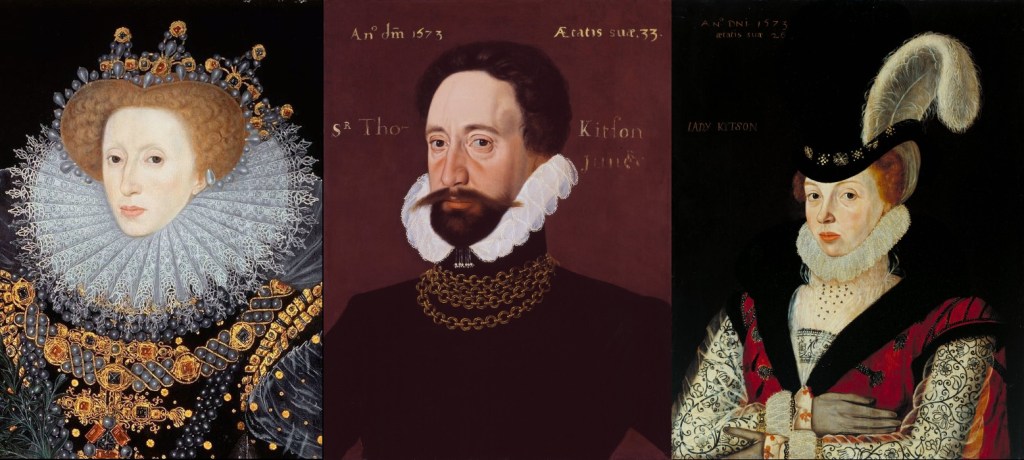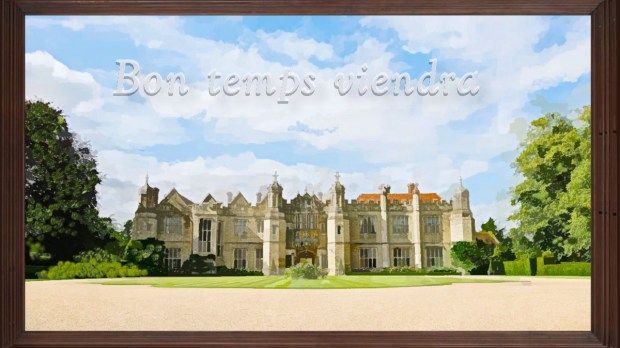Lenten Campaign 2025
This content is free of charge, as are all our articles.
Support us with a donation that is tax-deductible and enable us to continue to reach millions of readers.
You may not think of music as a miracle, but it is. There is no reason that sound vibrations of certain wavelengths should form notes that can then be combined to produce an infinite and achingly beautiful variety of forms and harmonic effects. That music exists and that human beings can create it and appreciate it points to a Creator who has a good plan for us.
Erica, the young protagonist of All in a Garden Green, has never thought about the meaning of music, though she is a talented pianist and singer. Being 13, Erica’s concerns are more immediate — her friends, her feelings, and a weird, know-it-all boy named Pedro who she sort of likes in spite of herself.
Living in an old British estate for a few months sounds like great fun to me, but 13-year-old Erica is appalled by the prospect of doing just that with her family. The trip proves to be memorable, however; it is at Hengrave Hall that she will meet a wise nun named Sister Julian who will gently inspire Erica to go beyond her immediate feelings and reactions.

It isn’t much of a spoiler to tell you that Erica is sent back in time to the year 1578. She meets her own ancestors there, the Kytson family, who unlike Erica’s family actively practice their Catholic faith. Those were the days, of course, when “the old faith” was persecuted in England and Catholic families had to hide clergy in “priest holes” to prevent them from being tortured and killed.
A visit from a queen
Erica arrives at Hengrave Hall on the very day when Queen Elizabeth (the original one) is visiting. The Kytsons fear that she has come to the region “to frighten good Catholic folk.” They have reasons to be scared because that very night the monarch will decide whether to confer knighthood upon Thomas Kyston or send him to prison for his Catholic sympathies.
It’s no coincidence that the visits of Queen Elizabeth and Erica coincide as Sister Julian explains:
“There are prayers,” she said earnestly, “that reach across the centuries. We are all one community at Hengrave Hall. We find ways to help each other — to bear one another’s burdens — when one of us is in distress. Or perhaps I should say that ways are found. Even across great lengths of time.“
As it turns out, Erica is indeed God’s answer to a prayer and the family’s future depends upon her and her talents.
The pull of the past and of music
All in a Garden Green is about the pull of tradition, family, and religious belief and how these essential things leave their mark on us across generations in ways we are unaware of. It is also a book about the miracle of music and how it transforms us and generates a sense of awe.

Paul J. Willis, the book’s author, is never preachy. He encourages his readers to think, just as Sister Julian encourages Erica to think for herself. Willis is especially effective at transporting us to a faraway world where the clocks do not have minute hands because “the minutes did not seem to matter.” Also wonderful is the fact that Hengrave House is a real place and Thomas Kytson and his family are historical figures.
One of the things I especially like about the novel is how Erica can feel sympathy for the Kytsons even if she can’t really like them. I’m pretty sure that’s how I would feel if I were sent to the past and had to interact with my own ancestors. They would have completely different assumptions from my own and customs that would be hard to relate to. Like Erica, I might be appalled by the lack of hygiene, just as I would no doubt appall my ancestors with my bad manners and lack of proper decorum.
All in a Garden Green would be an interesting book to read and discuss with your teenagers. You might especially discuss whether you believe, as Sister Julian does, that prayers can transcend time. There is also the question of the meaning of the Kyston family motto, Bon temps viendra, considering the ultimate fate of the novel’s historical characters.
Resources for readers
Here are a few resources that might help you better understand the Elizabethan background of the book:
This arrangement of “All in a Garden Green” for harpsichord, recorder, and cello will give you an authentic sense of how this piece would have sounded during the days of Queen Elizabeth.
In 2019, the Huntington Library in California organized a conference on how England’s Catholic underground kept their literature secretly in print.
A “priest hole,” also known as a “priest hide,” features in the novel. In the below video, the manager of an old Tudor estate actually stays in one of the house’s priest holes for 36 hours. He gives a brief but fascinating lesson on why priest holes were necessary and how they worked.
Also check out the other books on Aleteia’s 2023 Summer Book List for Teens.



